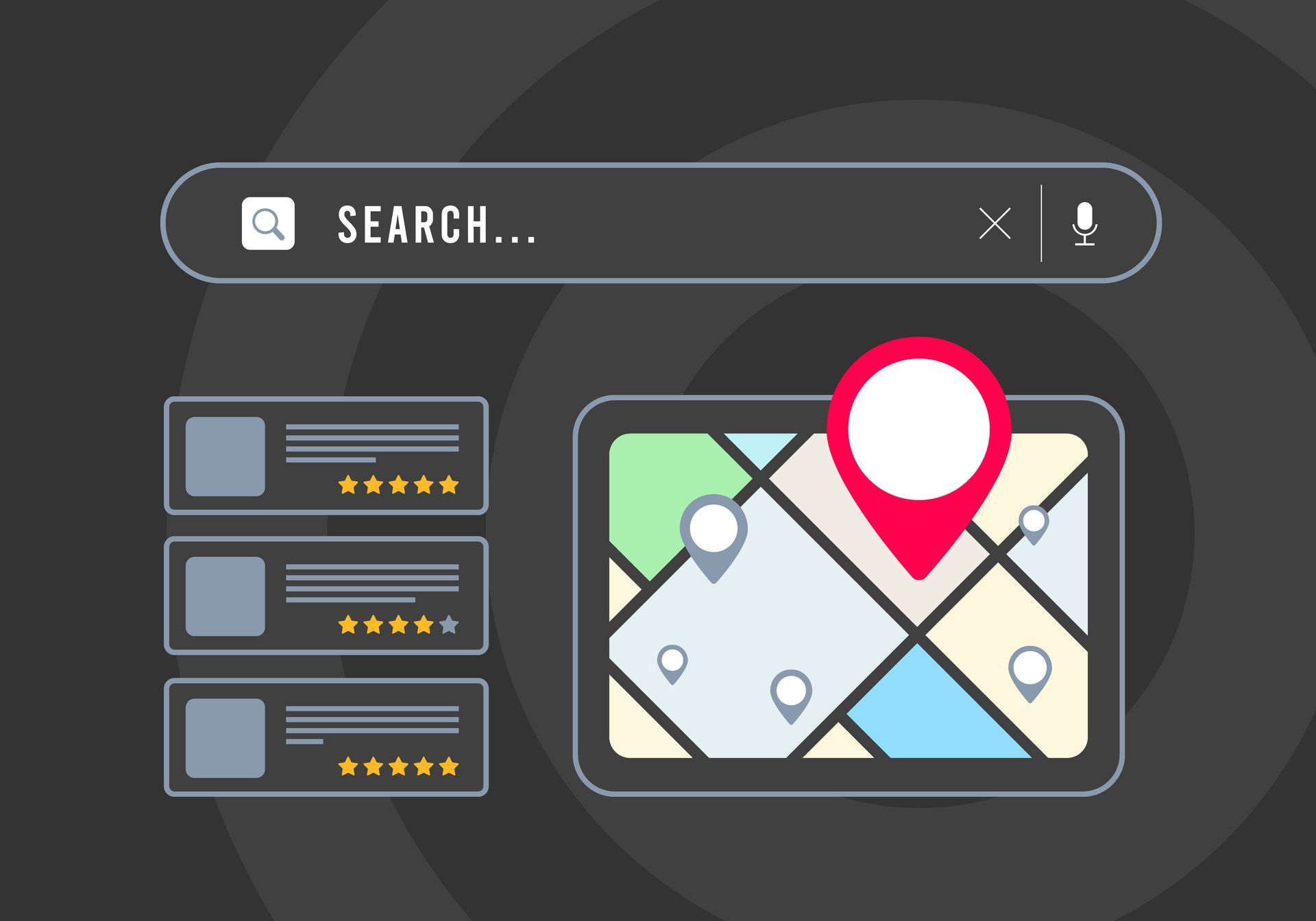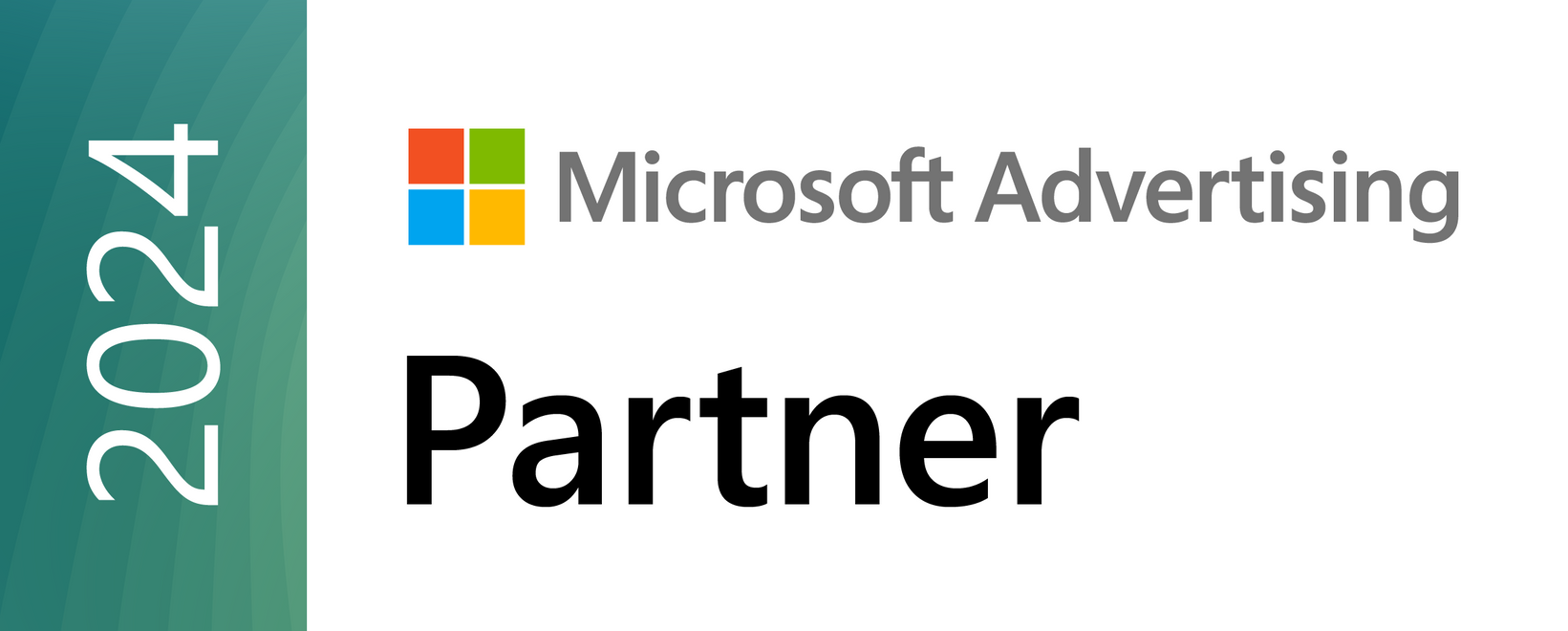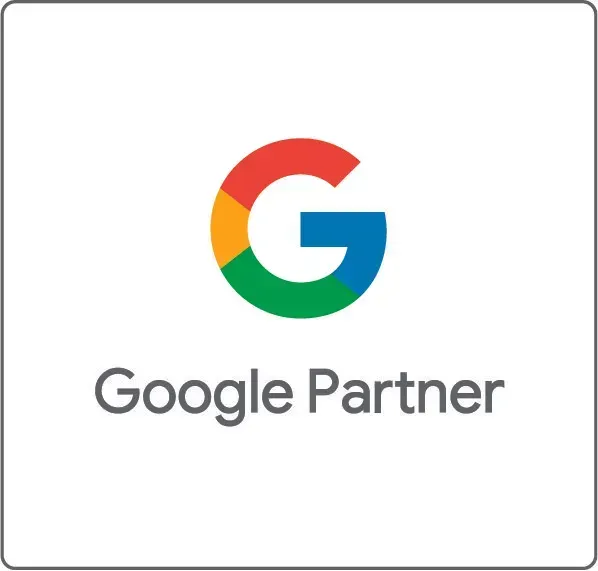Local SEO in Phoenix: How to Get Found by Customers Near You

If you own a business in the Valley, you already know how competitive the market is. From restaurants in the Central Avenue Corridor or Scottsdale to HVAC companies serving neighborhoods in Mesa and Tempe, customers in a metro area as large as ours often have dozens of competing options. Virtually all those customers, whether they’re looking for restaurants, a roofer, a lawyer or a retailer, begin their search online.
If your business isn’t showing up when someone types “near me” or “in Phoenix,” you’re losing calls, clicks and foot traffic to competitors who are.
Local SEO helps your business appear in the places where customers are already looking for local service providers: Google Maps, the local pack and organic results tied to location-based searches. Done right, local SEO makes a persistent, long-lasting difference in business visibility to searchers near you.
Optimize Your Google Business Profile
Your Google Business Profile (formerly Google My Business) is the single most important piece of your local SEO presence. Most local businesses have already claimed and verified their listing, but a surprisingly large number have outdated NAP (name, address, phone number) entries that don’t match exactly what’s on their website and other directories.
Be sure to add details that Phoenix customers care about, such as services, business hours and location-specific attributes. A local restaurant might highlight outdoor seating for spring, while a service company could list “24/7 emergency response.”
Most importantly, encourage customers to leave reviews and respond to them. Reviews are a major factor in how often you show up in the map pack.
Local Keyword Targeting
Google has gotten much better at understanding context. If your Google Business Profile is verified with a Phoenix address, the algorithm already knows you’re a local business and will make you eligible for map results when someone searches “near me.” That said, on-page geo signals still matter for organic rankings. If your competitors’ service pages clearly say “Phoenix plumber” or “roof repair in Phoenix” and yours don’t, they’re more likely to capture clicks, even if Google knows you’re based here.
For single-location businesses, the key is to use geographic modifiers naturally in core places: title tags, H1s and service page copy. You don’t need to force “Phoenix” into every heading, but strategic use helps confirm relevance.
For multi-location or service-area businesses, location context doesn’t carry over automatically. A Phoenix address won’t make you rank in Mesa, Tempe or Glendale. To capture those searches, you’ll need dedicated location pages with unique content that speaks to each area.
Location pages should include service differences or neighborhood-specific concerns that are relevant to your business or services.
For example, many older Central Phoenix and Arcadia neighborhoods (like parts of Encanto, North Central along Bethany Home, and areas fed by the Salt River Project (SRP) canal system) still use backyard irrigation ports connected to SRP’s flood irrigation network. A Phoenix landscaper making location-specific pages may want to mention maintaining or retrofitting irrigation ports, but wouldn’t include that content on the pages they develop for newer subdivisions in Chandler or Surprise.
A roofer making location pages for Maryvale and South Phoenix may want to discuss the roofing challenges for homes built in the ’50s–’70s that have low-slope roofs that are prone to ponding during monsoon rains. They wouldn’t necessarily want to include that content in the pages they write for newer developments in North Scottsdale, where more homes have pitched tile roofs.
That hyper-localized approach allows you to build relevance city by city while still maintaining a strong foundation in Phoenix.
On-Page SEO for Local Signals
Your website itself should reinforce your local presence. Embedding a Google Map with your business location makes it easy for customers to find you and sends an extra signal to search engines.
Make sure your title tags and meta descriptions include both your service and your location. Instead of “Quality Roofing Services,” a Phoenix business should be using “Quality Roofing Services in Phoenix, AZ.”
That may sound obvious, since most businesses have been formatting title tags that way for a decade, but adding geo modifiers to a website that doesn’t have them can significantly improve click-through rates from local searchers.
Local Citations and Directories
Citations, or mentions of your business name, address and phone number on other sites, still matter for local SEO. Start with high-authority directories like Yelp, Angi and Yellow Pages, then expand into Phoenix-specific directories such as local chambers of commerce or trade organizations.
Consistency is key. If your phone number is formatted one way on Yelp and another way on your website, it can confuse search engines and weaken your local signals. Use the exact same NAP format everywhere and eliminate duplicate or outdated listings.
Content That Builds Local Authority
Local content is one of the best ways to connect with customers and signal relevance to search engines. Blogs that address Phoenix-specific issues are more likely to rank for local searches and resonate with your audience.
If you’re a local business, your SEO and content marketing company should be focusing exclusively on content that has a local tie-in and builds authority as a Phoenix expert. For example, roofers in Phoenix don’t need any content on ice dams, because you don’t need to waste dollars generating content for anyone other than your potential customers.
Reviews and Reputation Management
Customer reviews are one of the strongest ranking signals for local SEO, and they also directly influence buyer decisions. Most people will not call a business with no reviews or a low star rating when well-rated alternatives are a click away.
Encourage satisfied customers to leave reviews by making the process simple. Send a follow-up text or email with a direct link to your Google Business Profile. Train your team to ask for reviews at the right moment, like after a successful service call or meal.
Always respond to reviews, positive or negative. Thank people for their feedback and address concerns professionally.
Tracking and Measuring Local SEO Success
The final step is measuring whether your local SEO work is paying off. Google Business Profile Insights shows you how many calls, clicks and direction requests come from your listing. Website analytics can show traffic increases from Phoenix-area searches. Tools like BrightLocal or Semrush allow you to track local keyword rankings over time.
The key is being able to attribute leads and increased traffic to your local SEO and content work, which allows your SEO provider to refine and double down on what’s working.
Ready to Be Found in Phoenix?
In a competitive market like the Phoenix metro area, being visible in local search results is essential to growth. Local SEO helps you connect with customers who are ready to buy, call or walk through your door.
As a company with offices in Phoenix, and local SEO and content specialists who have decades of experience living in the Valley, we are uniquely positioned to help local businesses turn search into real revenue. You can learn more about the local search strategy we would recommend for your business by requesting a free audit.





